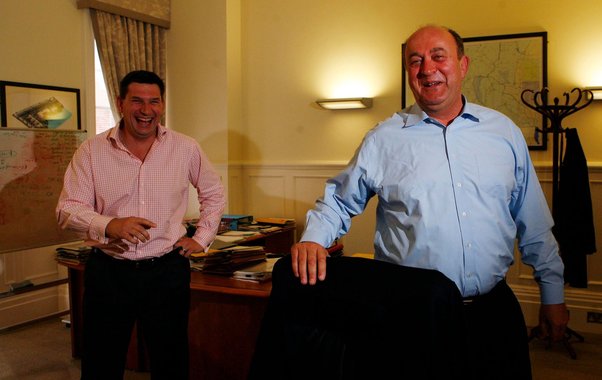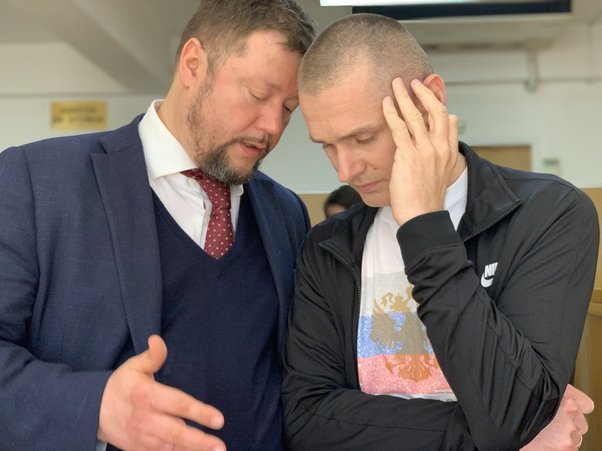Failure to check key information and enforce rules on the UK company register enables criminals and the corrupt to use UK companies to store cash
New analysis of the UK’s Company Register shows the Government is failing to act on deep flaws in its implementation, which is enabling UK companies to be used by money launderers, the corrupt and other criminals to store their ill-gotten cash.
Download the full report: Getting the UK's House in Order
Download ResourceFind out more about our methodology here
Our research shows how a failure by Companies House to check company information or enforce rules means criminals can exploit loopholes and submit false information. We even found an address in London where at least two company service providers appear to host a number of companies apparently controlled by children under the age of two, who not only had access to the profits of the company, but also the “right to appoint directors” and voting rights.
Key findings
Using the open data nature of the register, Global Witness analysis found:
- 336,224 companies simply say they have no beneficial owner*
- 6,711 companies are controlled by a beneficial owner who themselves control over 100 companies, suggesting likely nominees
- 487 companies are part of circular ownership structures
- 8,872 companies name another foreign company as their ultimate owners which is unlikely to be listed on a stock exchange.
* This is legal, if no individual owns more than 25% of the company
Our analysis comes after a series of new money laundering scandals involving UK companies and partnerships, including from Russia via Danske Bank in Estonia and the Troika Laundromat.
Recommendations
- The Government must give Companies House the powers and resources to carry out comprehensive verification of all the information it receives and holds on companies, amending UK legislation accordingly.
- The Government must start enforcing its rules and apply sanctions for those that maliciously break the rules - including fines and prison sentences.
- Companies House should take a proactive approach to tackling money laundering and other crimes by analysing the company information it holds, identifying suspicious companies and ensuring they are investigated.
Download the full report: Getting the UK's House in Order
Download Resource

